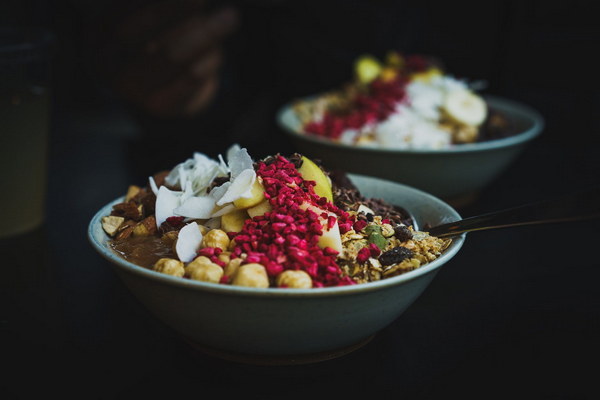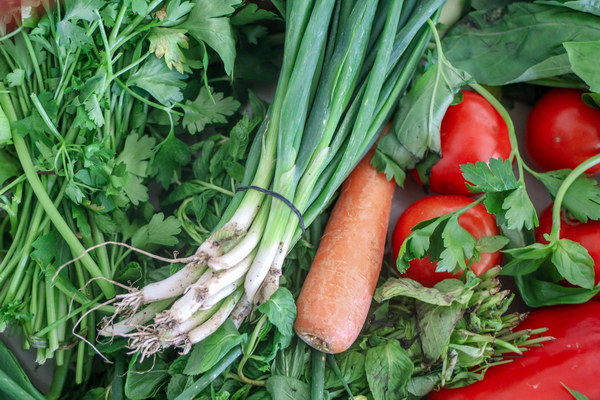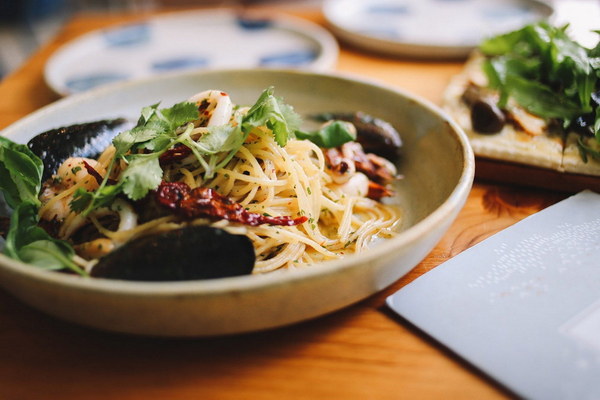Exploring the Side Effects of Traditional Chinese Herbs for Liver Protection A Comprehensive Overview
In recent years, the popularity of traditional Chinese medicine (TCM) has surged worldwide. TCM includes various herbal remedies that aim to promote overall health and wellness, including liver protection. While these herbs are often hailed for their effectiveness, it is crucial to be aware of their potential side effects. This article delves into the side effects of common liver-protecting Chinese herbs to provide a comprehensive overview.
1. Bupleurum (Chai Hu)
Bupleurum, also known as Chinese skullcap, is a popular herb used to treat liver disorders. However, it can cause several side effects, including:
- Gastrointestinal disturbances: Nausea, vomiting, and diarrhea may occur due to the herb's effect on the digestive system.
- Allergic reactions: Some individuals may experience skin rashes, itching, and swelling upon taking bupleurum.
- Interaction with other medications: Bupleurum can interfere with certain drugs, such as warfarin and statins, leading to adverse effects.
1. Scutellaria baicalensis (Chinese Skullcap)
Scutellaria baicalensis is another liver-protecting herb with potential side effects:
- Gastrointestinal issues: Similar to bupleurum, it can cause nausea, vomiting, and diarrhea.
- Allergic reactions: Some individuals may develop skin rashes, itching, and swelling.
- Interaction with other medications: Scutellaria baicalensis can interact with blood thinners and certain antibiotics.

1. Astragalus (Huang Qi)
Astragalus is an adaptogen commonly used to boost the immune system and support liver health. However, it may have the following side effects:
- Allergic reactions: Some individuals may experience skin rashes, itching, and swelling.
- Gastrointestinal disturbances: Nausea, vomiting, and diarrhea may occur.
- Interaction with other medications: Astragalus can interfere with blood thinners and certain cancer medications.
1. Licorice root (Gan Cao)
Licorice root is often used in combination with other herbs to enhance their efficacy. However, it can cause the following side effects:
- High blood pressure: Licorice root can cause an increase in blood pressure, particularly when taken in high doses.
- Gastrointestinal issues: Nausea, vomiting, and diarrhea may occur.
- Interaction with other medications: Licorice root can interact with blood thinners, corticosteroids, and certain heart medications.
1. Silymarin (Milk Thistle)
Silymarin, extracted from the milk thistle plant, is widely used for liver protection. However, it may have the following side effects:
- Gastrointestinal disturbances: Nausea, vomiting, and diarrhea may occur.
- Allergic reactions: Some individuals may experience skin rashes, itching, and swelling.
- Interaction with other medications: Silymarin can interact with certain antibiotics and blood thinners.
In conclusion, while traditional Chinese herbs for liver protection may offer numerous benefits, it is essential to be aware of their potential side effects. These herbs can cause gastrointestinal disturbances, allergic reactions, and interactions with other medications. To ensure safety and efficacy, it is advisable to consult a healthcare professional before taking any liver-protecting herbal remedies. By doing so, individuals can maximize the benefits of these herbs while minimizing potential risks.









